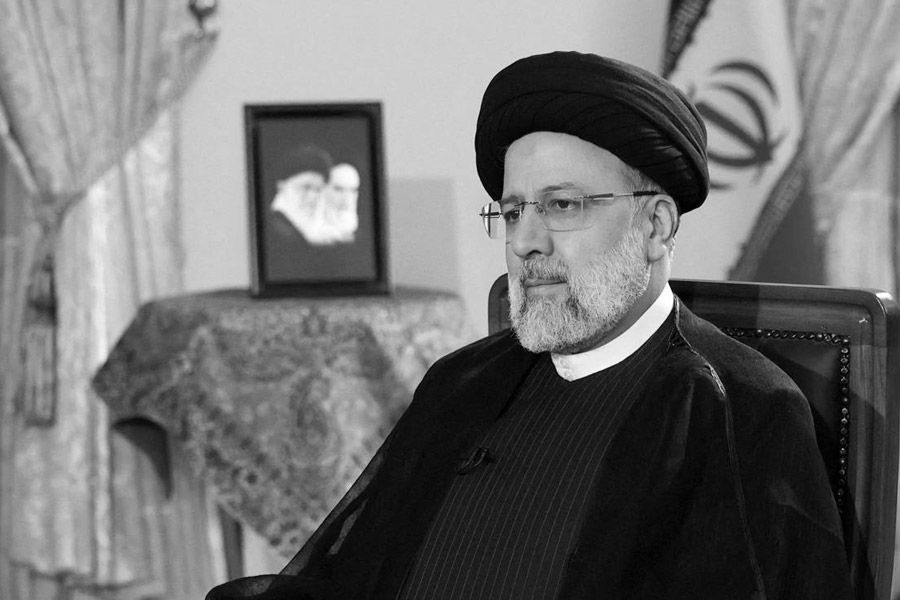The death of the Iranian president, Ebrahim Raisi, in a helicopter crash has, unsurprisingly, tipped Iran into uncharted territory. But it has also pushed a region already on edge into further uncertainty, leaving a vacuum that Tehran is rushing to fill. Raisi, who came to power in 2021, oversaw a particularly tumultuous period for Iran domestically and in its international relations; yet, he managed to navigate multiple complex ties with dexterity. Even though Iran’s supreme leader, Ayatollah Khamenei, is in charge of ultimate decisions on strategic and foreign policy matters, Raisi was known to have enjoyed the trust of the religious leadership. Indeed, he was often viewed as a possible successor to Ayatollah. Now, as Iran prepares for emergency presidential elections to find Raisi’s replacement, it must also grapple with the complex legacy he leaves behind. Domestically, his government will be remembered for its crackdown on protesters seeking civil liberties, especially in the aftermath of the death of Mahsa Amini, a young woman who was arrested for opposing the mandatory wearing of the hijab. The censorship of the internet was tightened under Raisi, even as the economy struggled to overcome the challenges imposed by waves of sanctions by the United States of America and its allies.
Indeed, the sanctions regime Iran faces has toughened in recent years as Tehran was accused by the West of arming Russia for its war on Ukraine and, then, over the missile and drone attack on Israel in April. Yet, through it all, Iran under Raisi managed to score diplomatic wins. Iran’s ties with Russia and China are as strong as ever. In 2023, Iran and Saudi Arabia — long-time rivals — agreed to a peace deal, restarting diplomatic relations in a move that reset the Middle East’s geopolitical chessboard. In recent weeks, Iran has had both India and Pakistan woo it — Pakistan hosted Raisi in April, while India announced a deal to operate a part of Iran’s Chabahar port. Raisi’s toughest test — one that his successor will inherit — however relates to Israel’s war on Gaza. Iran’s allies in the region, especially the non-State groups like the Hezbollah, Hamas, the Houthis and Iraq-based militias, have tested Israel over the past seven months without pulling Tehran directly into the war. Iran’s next president must demonstrate the maturity to ensure that Tehran does not trigger a broader war. Raisi showed it can be done.










